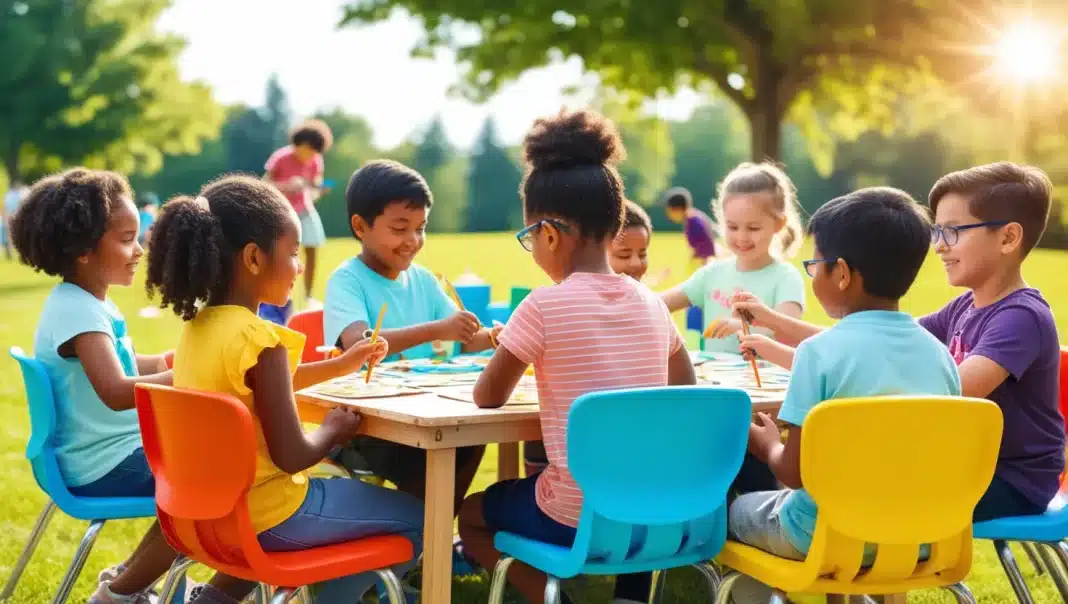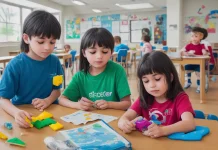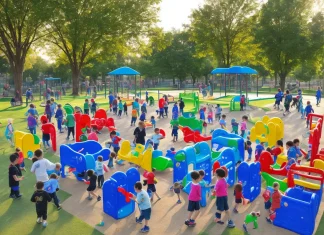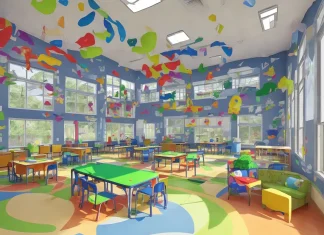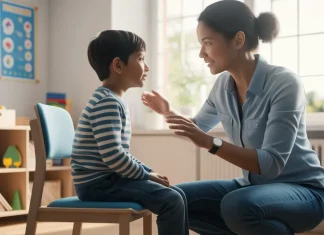Understanding Autism and Summer Programs
Why Summer Programs Are Important for Kids with Autism
Summer can be a tricky time for parents of kids with autism. Without the structured routines of school, it’s easy for boredom and anxiety to creep in. That’s where specialized summer programs shine! They offer structure, engaging activities, and opportunities for growth in a supportive environment.
Benefits of Specialized Summer Programs
What’s the magic behind these programs? They cater to the unique needs of children on the spectrum. Whether it’s personalized activities or a sensory-friendly setup, these programs promote learning and social interaction while ensuring the child feels safe and understood.
Key Features of Autism-Friendly Summer Programs
Individualized Learning Plans
Every child is different, and so are their needs. The best programs design custom activities and goals based on your child’s strengths and challenges.
Sensory-Friendly Activities
Think of a world where activities are designed to engage kids without overwhelming them. From quiet zones to tactile play, these features help reduce stress and encourage participation.
Social Interaction Opportunities
Summer programs create a platform for kids to connect with peers, learn communication skills, and build lasting friendships—all in a supportive setting.
Types of Kids Autism Summer Programs
Academic-Focused Programs
These are perfect for kids who love learning or need to catch up on schoolwork. Activities are designed to teach while being interactive and fun.
Recreational and Creative Programs
Art, music, and play take center stage here. These programs are all about self-expression and creativity.
Social Skills and Communication Camps
For kids struggling with social cues, these camps are gold. They offer targeted exercises to improve communication and peer interaction.
Choosing the Right Program for Your Child
Assessing Your Child’s Needs
Every parent knows their child best. Start by listing what your child enjoys, struggles with, and needs help improving.
Researching Program Options
Not all programs are the same. Read reviews, talk to other parents, and visit facilities if possible to ensure it’s the right fit.
Seeking Professional Recommendations
Sometimes, a quick chat with your child’s therapist or teacher can point you toward the perfect program.
Preparing Your Child for a Summer Program
Setting Expectations for a New Environment
Transitions can be tough. Talk to your child about what to expect, using visuals or stories to explain the program.
Transitioning from Routine to Summer Activities
Maintain some familiar routines at home to help your child feel secure while embracing new activities at the program.
Creating a Comfort Plan
Pack their favorite snacks, toys, or sensory tools to help them feel at ease during the day.
How Summer Programs Enhance Development
Improving Social Skills
Group activities teach teamwork and empathy, which are invaluable skills for any child.
Boosting Confidence Through Success
Small victories, like completing a task or making a friend, build self-esteem in kids with autism.
Fostering Independence
Programs encourage kids to try new things, helping them become more self-reliant over time.
The Role of Parents in Autism Summer Programs
Communication with Program Staff
Staying in the loop with staff ensures your child’s needs are met. Don’t hesitate to share insights about what works best for your child.
Providing Emotional Support
Encourage your child with positive reinforcement and celebrate their achievements, no matter how small.
Following Up on Progress
Discuss your child’s experience and look for ways to continue their growth at home.
Challenges and Solutions in Summer Programs
Addressing Sensory Overloads
Loud noises or crowded spaces can be overwhelming. Programs with flexible environments and sensory-friendly options help mitigate these challenges.
Maintaining Consistency with Routines
Programs that align with your child’s school routine can make transitions smoother.
Real-Life Success Stories
Inspiring Stories of Kids Thriving in Summer Programs
One parent shared how their non-verbal child began forming words after attending a social skills camp. Stories like these highlight the transformative power of the right program.
Testimonials from Parents
Parents often note improvements in their child’s behavior, confidence, and social skills after just a few weeks in these programs.
Resources and Support for Parents
Finding Financial Assistance for Autism Programs
Don’t let costs deter you. Look for scholarships, grants, or local organizations offering financial support.
Networking with Other Parents
Connect with other parents to exchange tips, share resources, and build a supportive community.
Conclusion
Discover the best kids autism summer programs designed to foster growth, social skills, and independence in a sensory-friendly environment. Learn how to choose the right program, prepare your child, and explore inspiring success stories. Perfect guide for parents of children with autism!
Frequently Asked Questions About Autism Summer Programs
- What are kids’ autism summer programs?
These are specialized programs designed to provide learning, social interaction, and sensory-friendly activities for children with autism during the summer. - How do I choose the right program for my child?
Assess your child’s needs, research program options, and consult professionals like therapists or teachers for recommendations. - Are these programs expensive?
Costs vary, but many programs offer scholarships or financial assistance. It’s worth exploring local and national funding options. - Can summer programs help improve social skills?
Absolutely! Many programs focus on activities that encourage communication and interaction, which can enhance social skills. - What should I pack for my child?
Include comfort items like favorite snacks, sensory toys, or calming tools to ensure they feel secure throughout the day.

